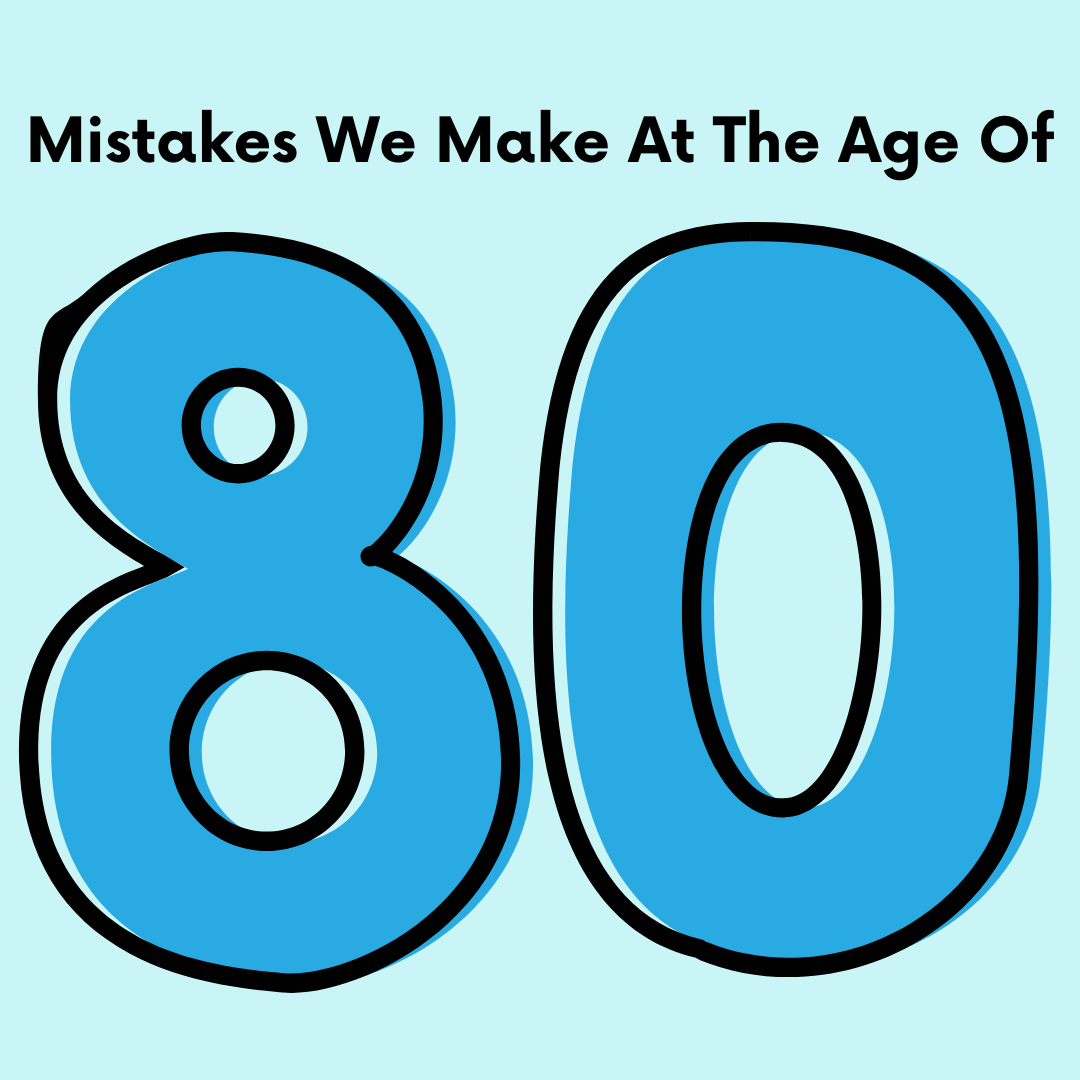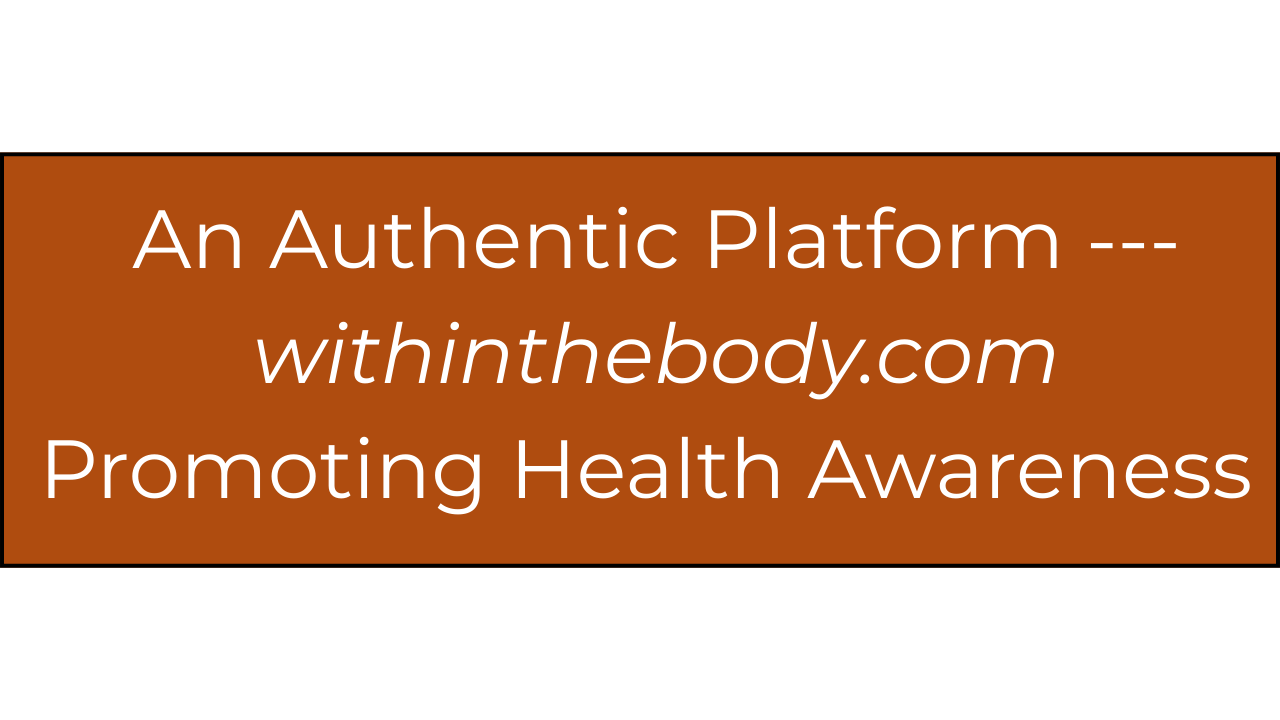Mistakes We Make at the Age of 80


The eighth decade of life is a delicate balance between wisdom and vulnerability. The body has weathered time, illness, and recovery. It is still alive with purpose — but needs careful, compassionate maintenance. At 80, the line between independence and fragility becomes thinner. The major mistakes at this age are not about poor habits, but about denial, neglect, and resistance to adaptation. As physicians, we see many patients in their eighties who could live active, peaceful lives — but instead face avoidable suffering due to small yet significant missteps. The message at this age is simple: gentle vigilance, not fear.
For General Readers
At 80, most health issues can be managed if approached with consistency and wisdom. Yet common mistakes include:
• Overconfidence in past health (“I never had problems before; I’ll be fine now”).
• Irregular medication use or skipping doses due to forgetfulness.
• Poor hydration leading to confusion, dizziness, and kidney issues.
• Lack of movement, which causes rapid muscle loss and falls.
• Inadequate diet, often soft and starchy but deficient in protein and vitamins.
• Ignoring mild infections (especially urinary or respiratory), which may become serious quickly.
• Avoiding social interaction, increasing depression and cognitive decline.
• Neglecting sleep hygiene, staying awake late or napping excessively.
The best protection at 80 is routine, moderation, and mindfulness — not unnecessary medications or strict diets.
For Medical Students
Few reach this stage of life as medical students, but for those who are lifelong learners or teachers, the main challenges are:
• Fatigue and reduced concentration, especially with long reading sessions.
• Avoiding new medical knowledge, thinking “I’ve seen it all.”
• Physical strain during teaching rounds or demonstrations without rest breaks.
The brain continues to form new connections even in the 80s — if you keep it active. The key is pacing: short study sessions, frequent rest, and joyful curiosity.
For Young Doctors
For doctors managing elderly patients, the mistakes made by people in their 80s are often subtle but serious:
• Hiding symptoms for fear of hospitalization.
• Ignoring small falls, which may indicate balance or blood pressure problems.
• Using leftover or borrowed medicines.
• Lack of regular monitoring of blood pressure, sugar, and kidney function.
• Not using hearing aids or glasses, leading to communication gaps and misdiagnoses.
Young doctors must learn the art of listening to silence — many elderly patients won’t complain, but their body language tells the truth.
For General Practitioners
For physicians themselves at 80 — or retired doctors still occasionally consulting — the most frequent mistakes are:
• Refusing to delegate or retire fully, risking fatigue and mental strain.
• Ignoring their own health while advising others.
• Staying mentally isolated after stepping back from active practice.
• Neglecting preventive screenings, thinking “it’s too late now.”
The physician’s mind remains a treasure even at 80. It should now be directed toward mentorship, reflection, and education, rather than exhaustive practice.
Pathophysiology
By the eighties, organ function typically operates at 50 % of youthful capacity. Cardiac output, renal filtration, and hepatic metabolism fall significantly. Microvascular perfusion declines, leading to tissue hypoxia and delayed healing. Neurons undergo synaptic loss, reducing cognitive reserve. Hormonal secretions (growth hormone, DHEA, sex steroids) are markedly reduced. Protein–energy malnutrition becomes common due to poor intake and absorption. The cumulative burden of oxidative and glycation damage manifests as frailty — a systemic reduction in resilience to stress.
When to See the Doctor
At 80, prevention and monitoring are survival tools. Seek medical advice for:
• Any sudden weakness, confusion, or fall
• Fever, cough, or urinary symptoms that persist beyond a day or two
• New swelling, breathlessness, or loss of appetite
• Memory changes that interfere with daily life
• Mood swings, isolation, or loss of interest in activities
Recommended periodic evaluations:
• Blood pressure, sugar, kidney, and liver function every 3–6 months
• Medication review every visit
• Bone and balance assessment yearly
• Vision, hearing, and dental checks annually
• Vaccinations (flu, pneumonia, tetanus, shingles) as advised
At 80, the greatest mistake is believing that decline is inevitable and care is useless. The truth is, with thoughtful routine, emotional engagement, and regular medical support, many people in their eighties live meaningful, independent lives. The focus should be on comfort, safety, and connection — walking in sunlight, eating fresh, hydrating often, and cherishing company. Medicine can support you, but your attitude heals you. The goal now is not longevity, but serenity — a graceful partnership with time.
FAQs
1. Is it normal to feel weak at 80?
Mild slowing is normal, but persistent weakness needs medical evaluation for anemia, thyroid, or heart issues.
2. Can I still exercise at 80?
Yes, gentle exercises — walking, light stretching, chair yoga, or physiotherapy-guided balance work — are safe and vital.
3. What should I eat at this age?
Soft, easily digestible but protein-rich foods (eggs, fish, lentils, milk, yogurt), fruits, vegetables, and plenty of water.
4. How can I prevent memory loss?
Stay socially active, read daily, solve small puzzles, and keep conversations going. Emotional engagement is mental medicine.
5. Should all medicines be continued lifelong?
No. Every few months, review all medications with your doctor. Some may be reduced or adjusted with age.
